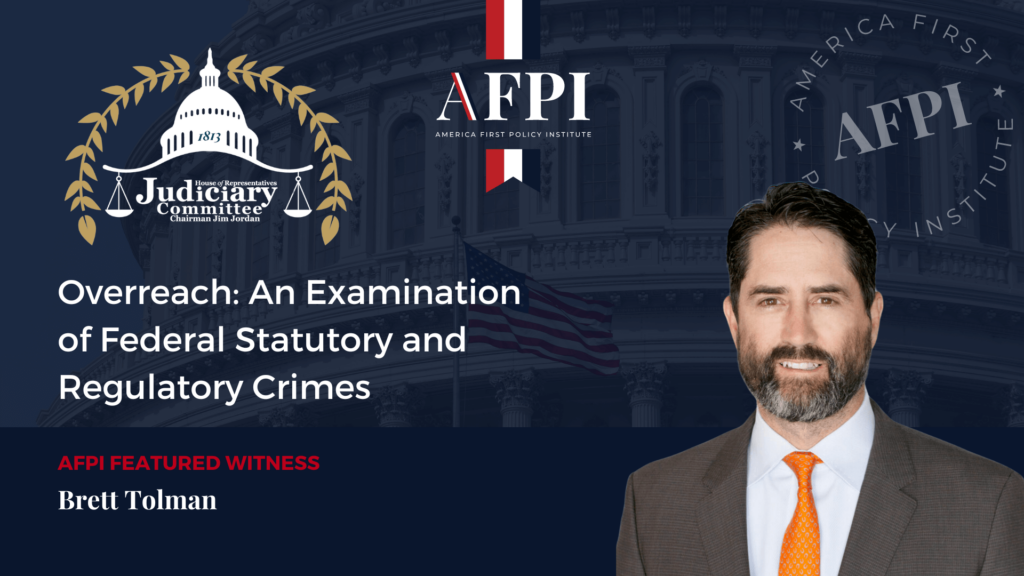Introduction
The congressional testimony of Federal Bureau of Investigation (FBI) Director Christopher Wray before the House Judiciary Committee should provide Congress with the opportunity to examine, in detail and under oath, many of the serious allegations concerning the politicization of investigations within the FBI. The recently released Durham Report, investigating the origins and machinations of the discredited Crossfire Hurricane investigation, painted a troubling picture of FBI agents subordinating truth and impartiality to political preferences (Durham Report, 2023).
Considering the findings of the Durham Report, Congress has both an opportunity and an obligation to question Wray on the pervasiveness of politicization within the FBI and what measures he has taken, or will take, to root out this behavior.
Unfortunately, the Durham findings related to the Crossfire Hurricane investigation were only the latest in a string of recent FBI investigations, dating back only a few years, that have been tainted with accusations of politicized decision-making. The recency of these incidents underscores the need for Congress to aggressively pursue answers from Director Wray on how the FBI can prevent these alleged abuses from tainting future investigations, especially as Americans embark upon yet another contentious presidential election.
Politicized Activity at the FBI?
Any time accusations of political favoritism infiltrate what should be the apolitical process of a fair and impartial law enforcement investigation, public confidence in both the specific investigation and the institution conducting it is compromised. This is especially pernicious given that the rule of law undergirds the very foundations of our Republic.
The FBI, as the de facto preeminent federal law enforcement agency in the United States, holds a particular responsibility to ensure that its investigations uphold the highest standards of rigor, impartiality, and integrity. Unfortunately, recent examples have brought that commitment into question.
Hillary Clinton Email Investigation: During the 2016 presidential campaign, the FBI investigated Hillary Clinton’s use of a private email server while she was serving as the U.S. Secretary of State. Critics accused the FBI of politicizing the investigation in two main ways. First, some argued that the agency showed leniency toward Clinton by not recommending criminal charges despite finding evidence of mishandling of classified information. This was seen by some as an act of political favoritism toward Clinton, who was the Democratic candidate for president at the time (Gass & McCaskill, 2016). Second, others contended that the timing of key events related to the investigation, such as then-FBI Director James Comey’s public announcement of reopening the inquiry shortly before the election, was politically motivated and designed to influence the outcome of the election (Wise & Hosenball, 2016).



